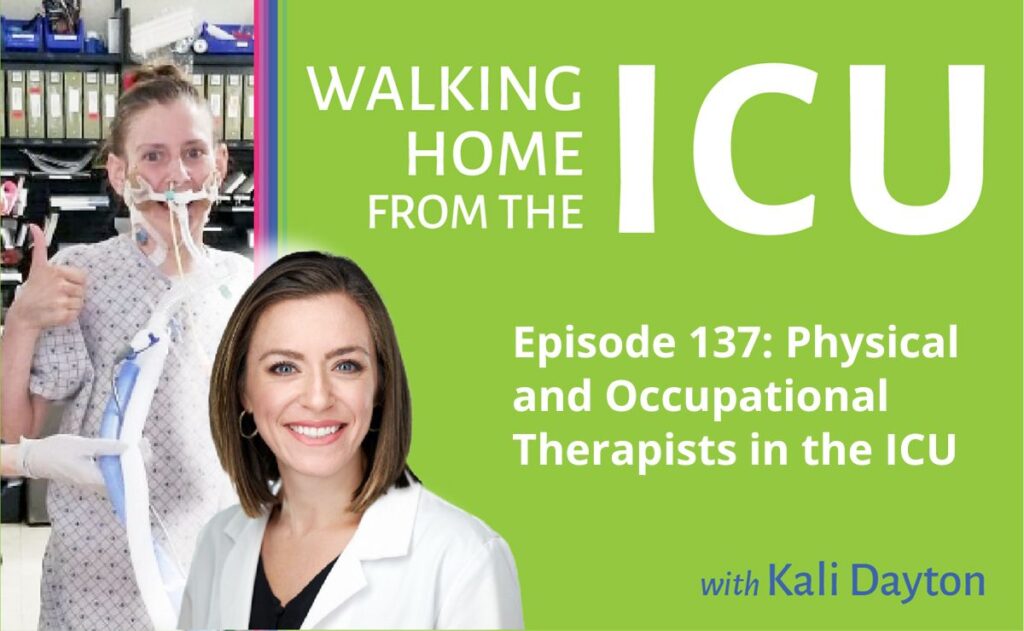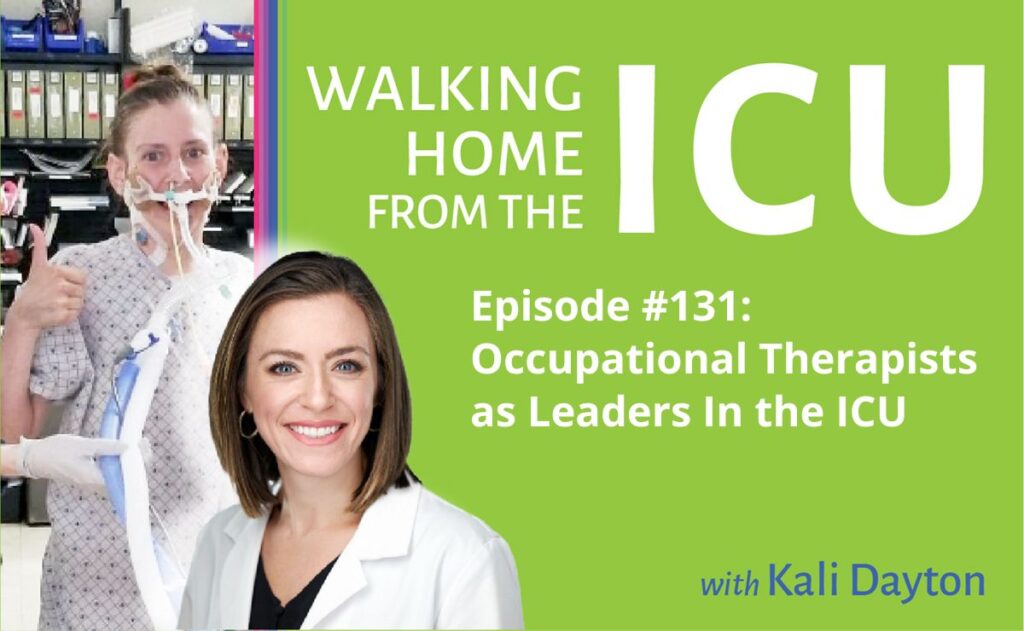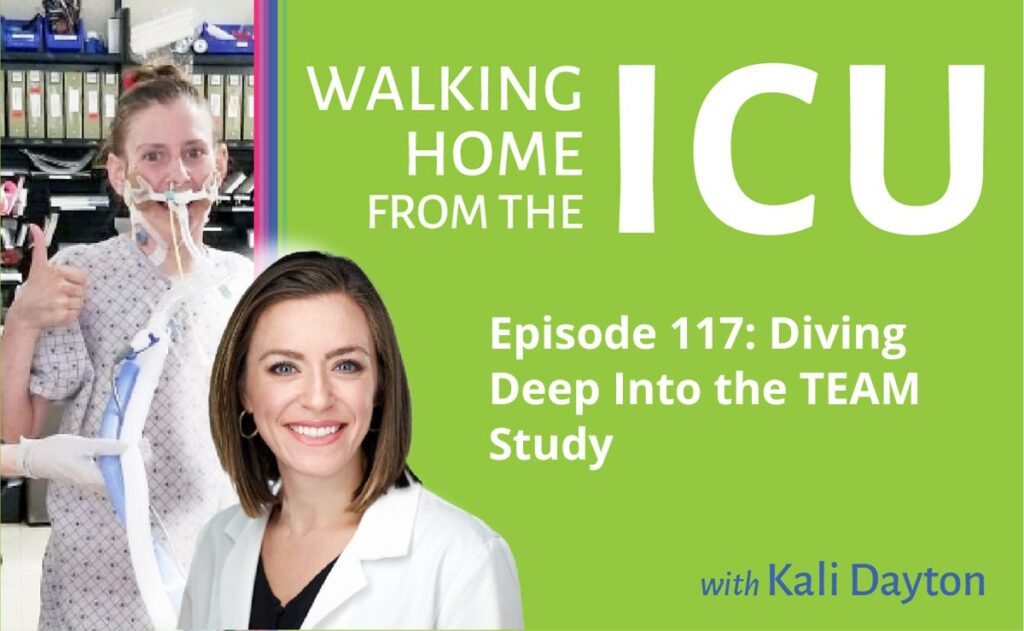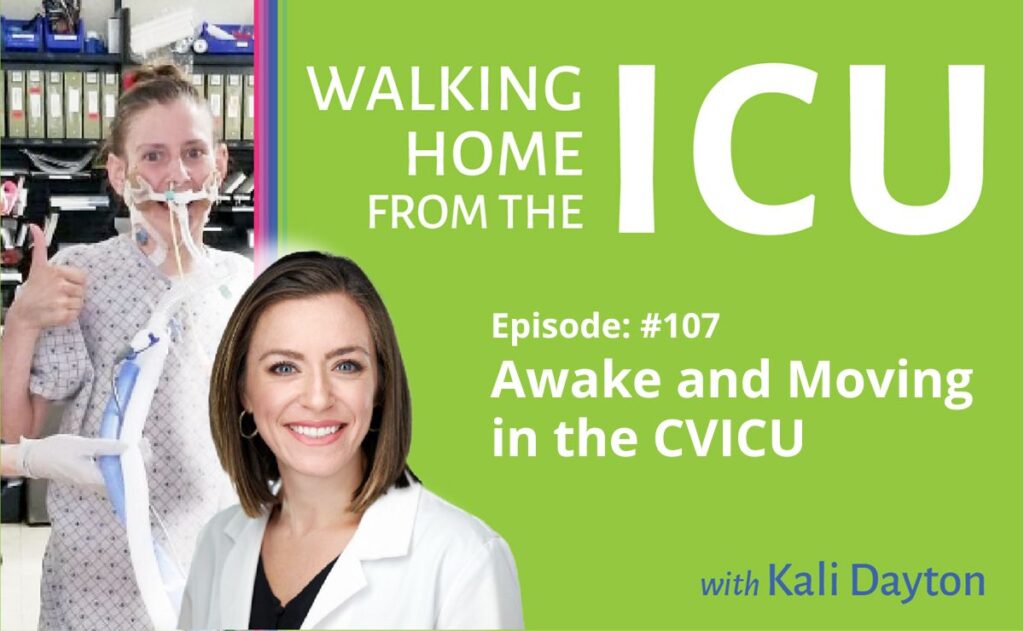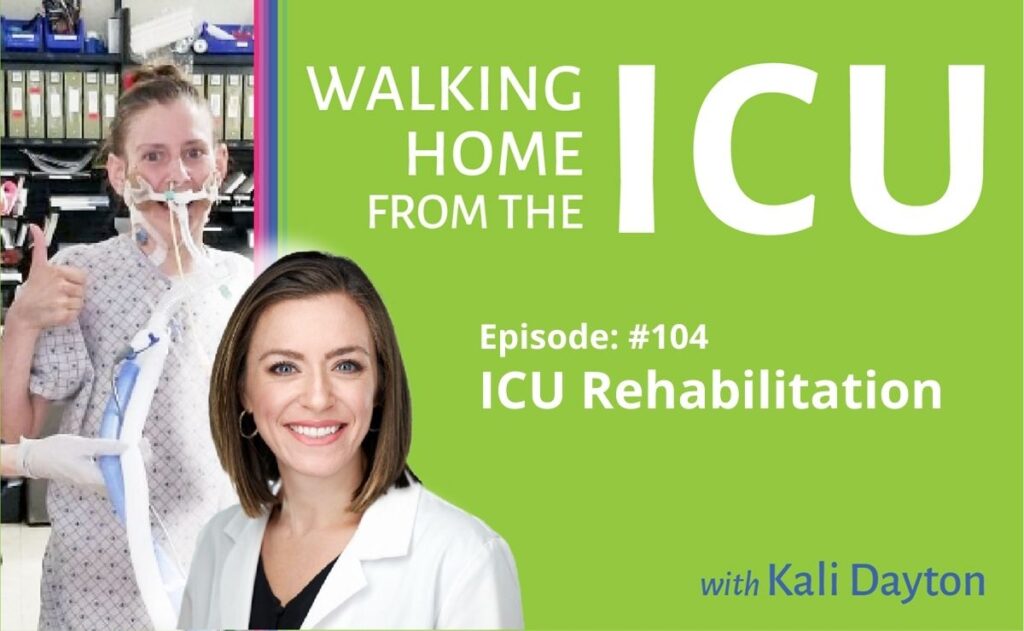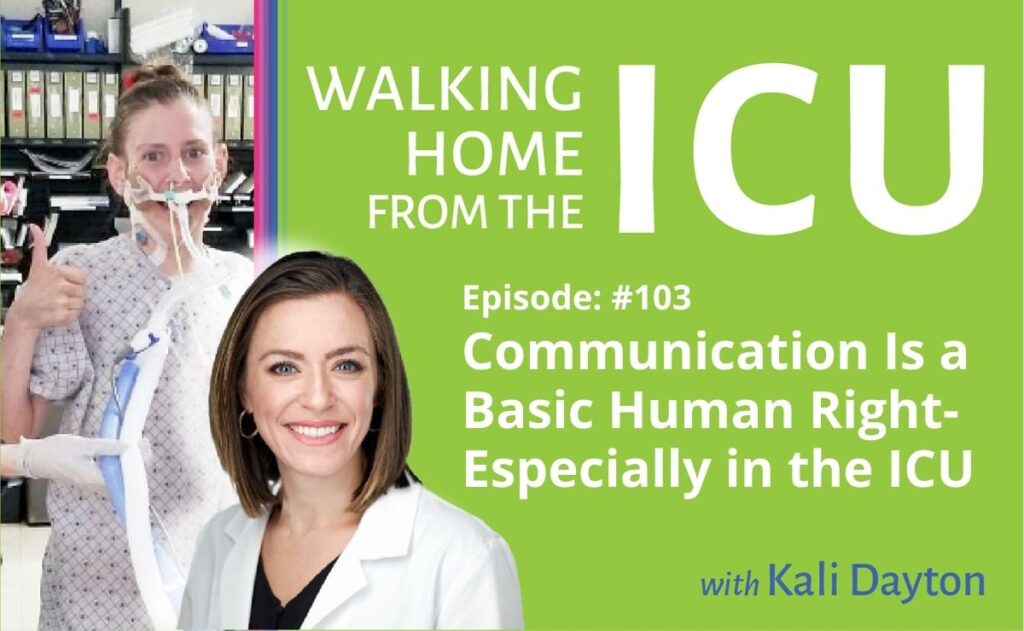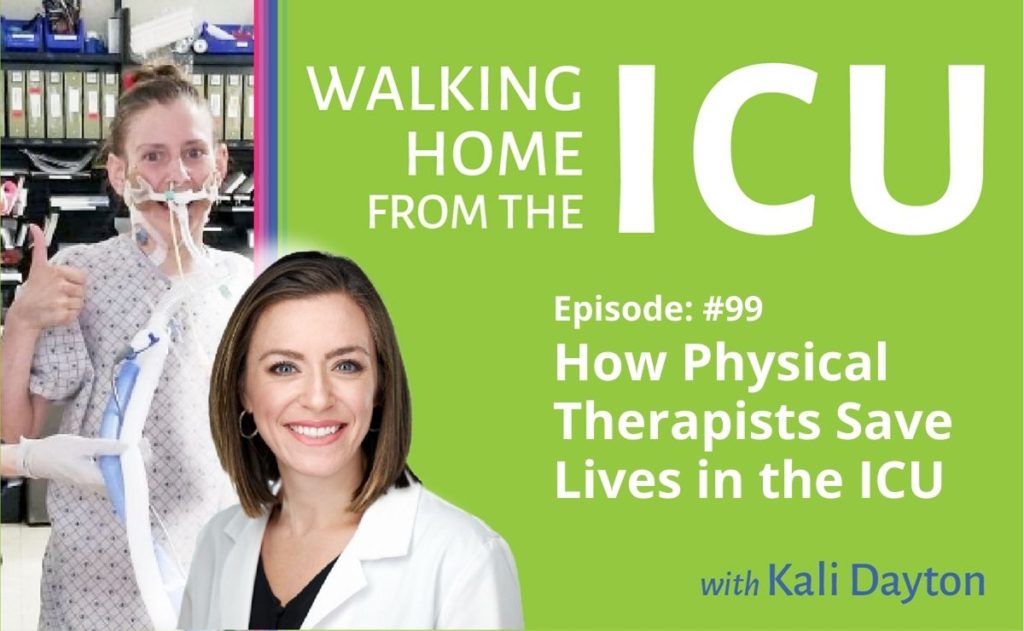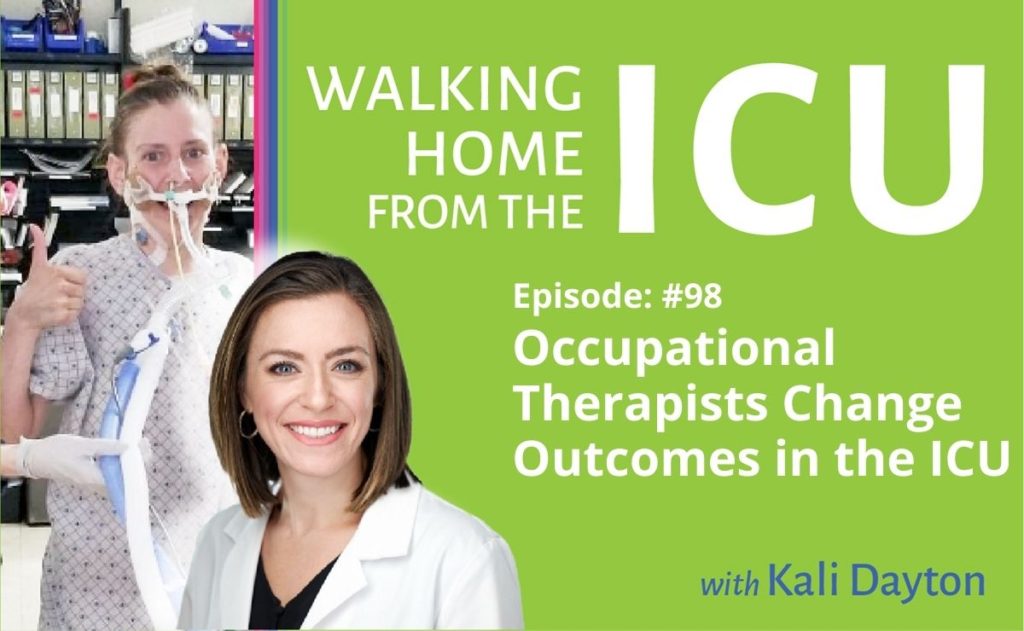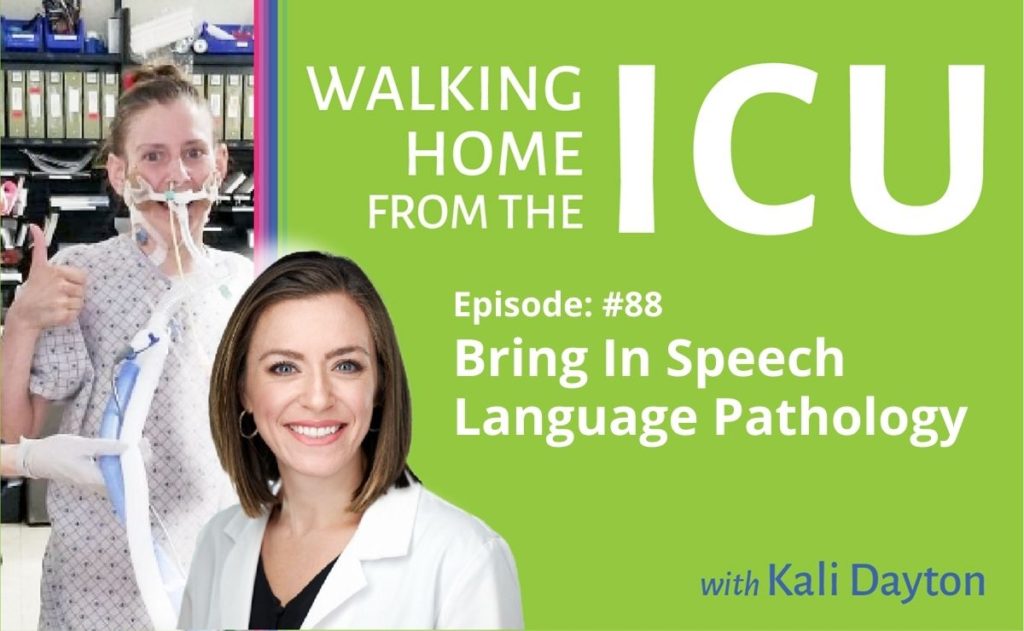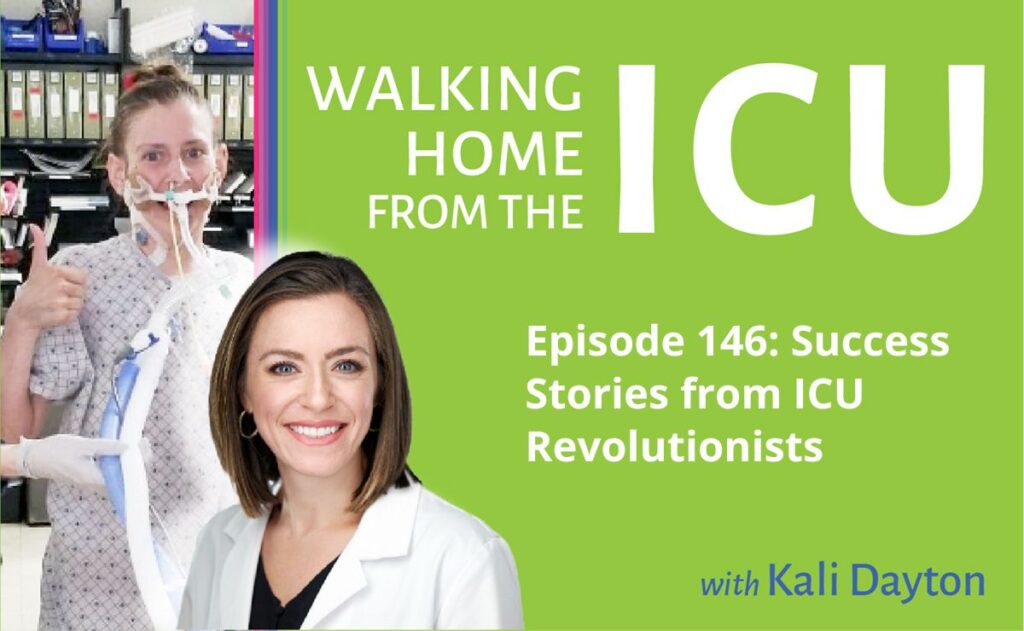
Walking Home From The ICU Episode 146: Success Stories from ICU Revolutionists
Individuals and teams are transforming patient outcomes through the adaptation of the ABCDEF bundle. Hear a compilation of their inspiring successes in this episode! Episode Transcription The past few episodes have been heavy. Obviously we have to address the challenges we face and the damage being done to patients. Yet, we also need to focus
Learn More > from Walking Home From The ICU Episode 146: Success Stories from ICU Revolutionists
